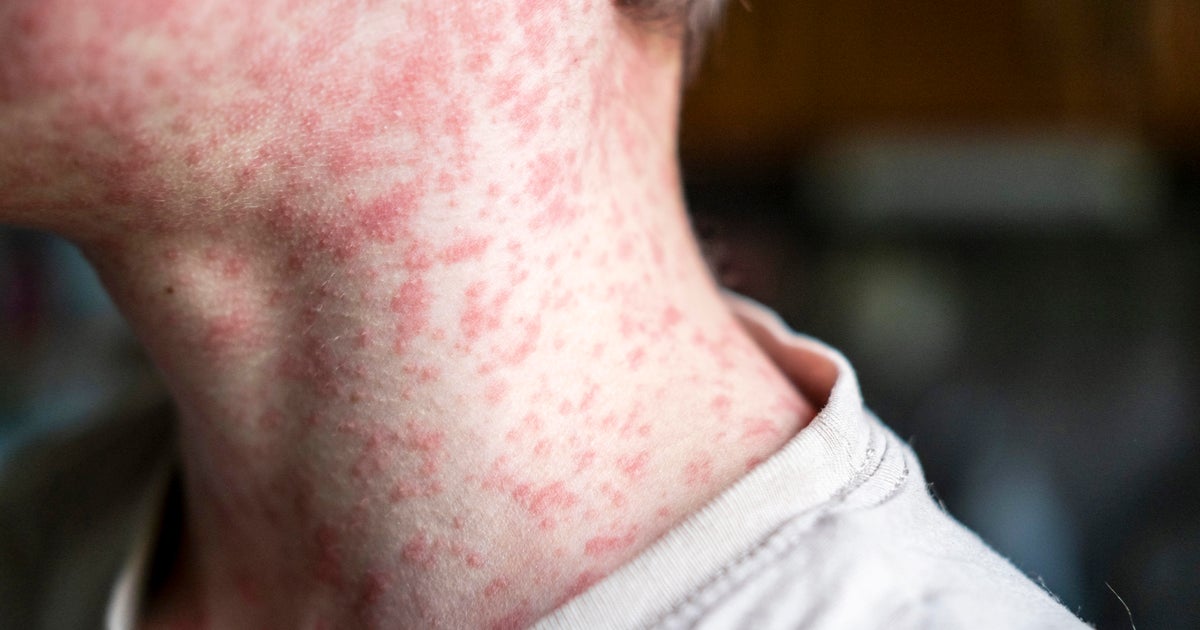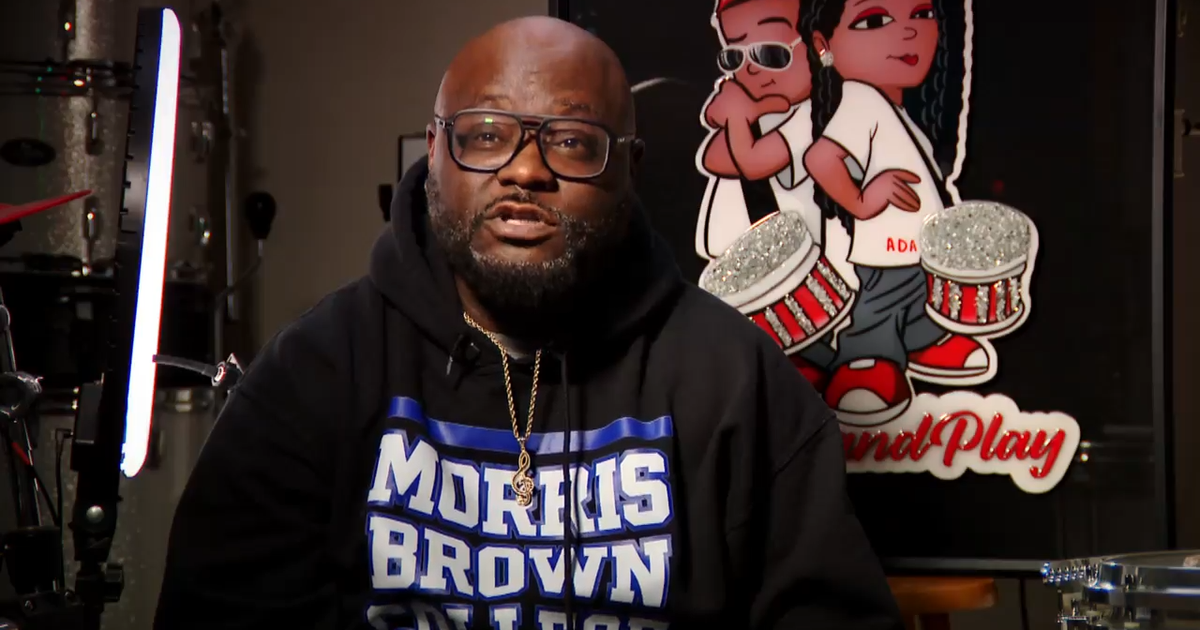Fight against coronavirus in Africa is an "existential war for the continent"
London — The head of the main public health body for the African Union, Africa CDC, has told CBS News that the coronavirus epidemic is an "existential war for the continent."
"What's keeping me up at night is two things," Dr. John Nkengasong told CBS News' Debora Patta: "That Africa will be hit in a significant way, just as we see is happening in Europe, and we don't have the capacity to respond."
There have been 5,954 reported cases of the COVID-19 disease across Africa thus far, according to CBS News partner network BBC News, and 204 people are confirmed to have died of it. But there are concerns among experts that the virus could spread rapidly among people living in deprived, cramped conditions like refugee camps and prisons, and that many countries don't have the health infrastructure to cope.
"Extremely devastating for us"
"My biggest fear is that the situation we are seeing in Europe, in the United States, and what we saw in China, will be in play in Africa, and that will be extremely devastating for us. Given that health systems are weak, given that we don't have enough health care workers to take care of this scenario, and also given what we are dealing with, with respect to a shortage of supplies for basic prevention and even testing," Nkengasong told CBS News.
He said the scarcity of key supplies hitting other parts of the world was being felt acutely in Africa, as basics like swabs to carry out coronavirus tests were running out.
"We really have to conduct ourselves in a way that we say that this is a global problem, it requires global action and global solidarity. So that it is not an issue of whoever has the means, rush and get the diagnostics and test their populations in the Greater North, and we do not have access to those tests," he said.
He warned that measures to mitigate outbreaks by some governments in Africa, such as enforced lockdowns, could also lead to unrest.
"If we lock down populations where people rely on the informal sector for their earnings and livings, there will come a time when people begin to balance between: Do I stay home and die of hunger and I can't feed a family of five, six, or seven, versus do I just brave it and go out and see what will happen? Then you begin to look at a scenario where you will have an uprising of the population that leads to a serious security issue for the continent," he said.
"The stakes are really high"
On Tuesday, the United Nations announced an emergency fund to support countries in the global South, saying that without the funds to fight COVID-19, the world would "face the nightmare of the disease spreading like wildfire in the global South with millions of deaths and the prospect of the disease re-emerging where it was previously suppressed."
But Mausi Segun, Africa division executive director for Human Rights Watch, told CBS News more local government action is needed, too.
"This is just the beginning of the lockdown for many countries in Africa, and they have ordered two weeks. Two weeks is a really long time if you have no money," Segun said. "As people flout (social distancing) rules to try to find a means of livelihood for them and their families, we're concerned that many of these governments with historically abusive security forces will respond — just as we've seen in Kenya, in Senegal, in South Africa — an abusive response that attempts to coerce and enforce these stay at home orders on people who are completely helpless," she said.
Human Rights Watch is urging governments in Africa to deal with the high density population areas at risk of being hardest-hit by lowering prison populations, and by making provisions for hygiene and social distancing in camps for internally displaced people. Segun emphasized that how authorities treat the public will also be very important to the success of any responses to the health crisis.
"If parts of Africa where the catastrophe of a quick spread of the disease in high population density areas is not checked, it would be disastrous for everyone. … Ensuring that the intervention of government and the use of security forces is used to reassure populations and to engender trust would be key to ensuring that this catastrophe does not happen," Segun said.
From a public health perspective, Nkengasong stressed to CBS News that a collective approach was needed to prevent a disaster on the African continent and contain the virus.
"Coronavirus anywhere in Africa is a threat everywhere on the globe," he said. "I think global solidarity has to trump all of our thinking."



